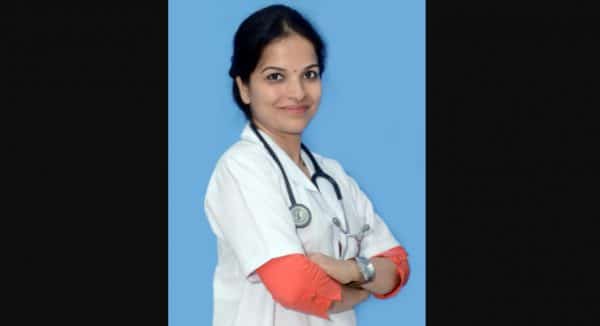
Nagpur: As the COVID curve is on downfall, the people are getting relaxed and often letting their guards down. Wockhardt Hospitals, Nagpur appeal the people to take all the necessary precautions even if the cases are decreasing.
The precautions play a vital role when it comes to the patients who have recovered from COVID-19. Many of the patients are returning to hospitals with psychological symptoms, lung-related complications, and stroke and cardiac arrest due to blood clots.
The complications are aplenty, according to a number of doctors at government and private hospitals. While mucormycosis is one of the main complications seen by doctors, there are many other worrying trends.
“There are many with psychological issues. We see patients with insomnia, new onset diabetes, myocardial infarction, stroke, lung fibrosis, chronic fatigue syndrome, brain fog and depression. Some show symptoms of memory loss and poor concentration. There are patients mainly with neuro and cardiac complications”, said Dr. Swapna Khanzode, Consultant- Internal Medicine and Critical Care at Wockhardt Hospitals, Nagpur.
Dr. Khanzode stated, “an increasing number of patients have repressed sleep disturbances since COVID-19 pandemic began. This has been called as “Coronasomnia”. There is trouble falling asleep and staying asleep. “There is no doubt that last year has been stressful which definitely has negative impact on sleep. People come to OPD complaining of more fatigue and exhaustion with the pandemic. People have paranoid thoughts, worries pertaining to finances, health fears and work challenges. All these thoughts keep them awake. Periodic consultations with doctors, modifications in lifestyle, technique of mental relaxation and medicines if needed, can hek in breaking the cycle of Coronasomnia”, she further added.
Patients are being asked to come for periodic reviews for at least a month. CT scans of patients experiencing breathlessness is being advised to diagnose current conditions. In such cases, patients have found to have gross pneumonic changes involving many areas of the lungs. This is taking a longer period to heal.
In this wave, many have been oxygen-dependent for long. Such patients are given lung exercises and advised weekly follow-ups.
Also, regular follow-ups and clinical advice must be availed by the patients in case they experience any discomfort.












